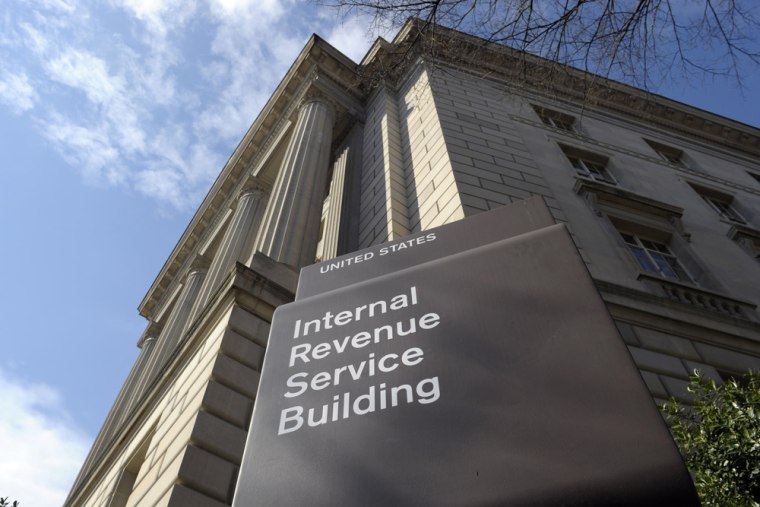
Ready for year-end tax planning? In between holiday parties and last-minute shopping, it's worth making sure that you are minimizing your 2013 tax bill.
It's almost always wise to maximize your deductions, prune losers from your portfolio and fill your retirement accounts as much as the rules allow.
But this year is also your last chance to use a large number of tax breaks that are scheduled to expire. According to the American Institute of Certified Public Accountants, dozens of these provisions are about to go away.
"The extender provisions that have gone out are the one thing I would tell mainstream taxpayers to watch out for," said Mark Steber, chief tax officer at Jackson Hewitt. "Every one of those touches somebody down the line."
Among the more popular disappearing breaks is the deduction for tuition and fees. Until the end of the year, couples with less than $160,000 in adjusted gross income can take a deduction if they are paying qualified higher education expenses for a dependent. The deduction, which can reach $4,000 for those with income below $130,000, will be gone in 2014.
"That's a huge amount for lower-income people," said Cathy Curtis, owner of Curtis Financial Planning in Oakland, Calif.
Teachers will lose out because of the expiration of a provision that lets them deduct up to $250 of their spending on classroom supplies. The National Education Association estimates that teachers spend an average of $400 annually on supplies.
Homeowners who have had loans modified or forgiven in the past year do not have to include that amount as income, but they will next year. Some 181,000 loan modifications were completed in the third quarter alone, according to Hope Now.
Then there's the provision that lets people 70½ give up to $100,000 of an IRA distribution to charity, thereby avoiding income taxes. The so-called qualified charitable distribution, popular with both retirees and charities, is scheduled to expire at the end of this month.
"If they don't extend it, that's going to affect quite a few retired folks who are sheltering themselves from income tax," Curtis said.
The ability to itemize and deduct sales taxes from the federal return is also expiring, impacting people living in states without income taxes or those who have made major purchases this year.
"If you are planning on making a lot of big purchases, you might want to go ahead," Curtis said, provided you are not deducting state income tax on your federal return. The IRS requires that you choose which to deduct.
Many deductions that are expiring, such as certain credits for electric vehicles, affect fewer people.
Many business tax breaks will also end.
Small businesses will feel the pain when the amount they can deduct for qualified equipment drops from a maximum of $500,000 this year to $25,000 in 2014.
Disappearing tax breaks aren't the only thing to watch out for. This could be a big year for capital gains in mutual funds, as many have run through the losses they were carrying over from the financial crisis.
This year brings some new taxes on wealthy households, notably a 3.8 percent Medicare surtax on income above $250,000 for a married couple filing jointly. The surcharge is applied to the lesser of investment income or modified adjusted gross income above that amount. There is also an additional 0.9 percent Medicare tax for people above the same income thresholds, applied to wages and other compensation subject to the existing Medicare tax.
Combine the new taxes on high earners with a hike in the maximum tax rate to 39.6 percent for couples with income over $450,000, and 2013 might be a costly tax year.
Steber recommended being careful to make all your normal tax-planning moves.
"Sell those loss stocks; consider your final charitable deductions," he said, adding that you should always make sure to maximize contributions to your IRA or 401(k).
Follow those suggestions and you may have something left over for next year's holiday season.
—By CNBC's Kelley Holland. Follow her on Twitter @KKelleyHolland.
Five tips for year-end tax planning
U.S. mutual funds hit investors with capital gains
Real estate and the new tax landscape